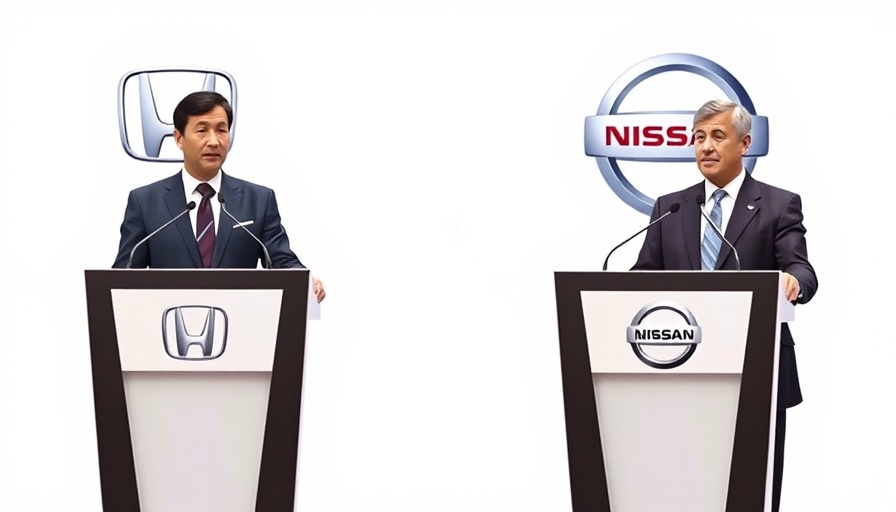
Electric Bus Maker's Struggles: Implications for the Automotive Finance Sector
Lion Electric's Financial Challenges Amid Shifting U.S. Market
Lion Electric, a prominent Canadian electric school bus manufacturer, is facing significant financial hurdles, as reported by Bloomberg. The company, which had been a key player in transitioning U.S. school bus fleets from diesel to electric, announced the layoff of 400 employees and halted operations at its Joliet, Illinois factory, previously heralded as a major facility for electric vehicle manufacturing.
Impacts of Policy Changes and Economic Concerns
The shift in political dynamics, particularly with the potential return of the Trump administration, poses an additional layer of risk for Lion Electric. Anticipated tariffs on Canadian auto parts could inflate costs significantly, affecting both production and pricing for electric buses. Moreover, uncertainties around the continuity of the Biden administration's EV-friendly incentives cast doubt over the sector's growth trajectory.
Historical Context and Background
Lion Electric, along with companies like Blue Bird and Thomas Built Buses, has been at the forefront of the electric school bus movement, driven largely by increased state and federal initiatives aimed at reducing emissions from diesel vehicles. Since its announcement in 2021, Lion's Joliet plant was projected to be a cornerstone of this effort, highlighting the rapid evolution from traditional to electric vehicle manufacturing in recent years.
Future Predictions and Trends
Looking ahead, the future of electric school buses in the U.S. hinges on both political and economic developments. Although federal funding from the EPA under the current administration has bolstered the electric bus market, the potential policy reversals could stymie progress. This uncertain landscape necessitates agility from finance managers and dealer principals who must navigate these shifts and adapt their strategies to accommodate potential fluctuations in market demand and cost structures.
Actionable Insights and Practical Tips
For dealer principals and finance managers, staying informed about such industry challenges is crucial. It is beneficial to closely monitor policy changes and adapt financing and sales strategies accordingly. Consider diversifying product offerings and staying engaged with manufacturers on how potential tariffs or changes in infrastructure funding might affect vehicle pricing and availability.
 Add Row
Add Row  Add
Add 




Write A Comment